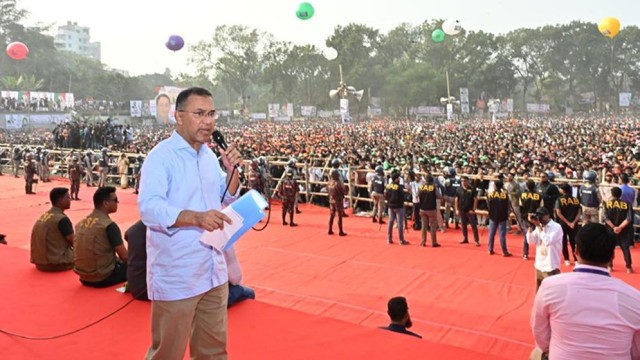New Delhi, Oct 05 (V7N): As the sun set over Chushul, a Himalayan village in Ladakh near the India-China border, the sounds of Kunzes Dolma’s yaks filled the streets. Dolma, a 68-year-old herder from the semi-nomadic Changpa community, guided her cattle back to her brick hut. Her family owns over 300 sheep and 50 yaks, and she makes a living selling wool and yak milk in the local market. However, life has become more challenging for her family due to military restrictions on grazing lands near the disputed India-China border.
"The pasture in that region is excellent, but now we can’t use the land for grazing," said Dolma. Her daughter, 37-year-old Tsering Lamo, added that tensions near the border have made their nomadic lifestyle even harder, pushing younger generations to seek other forms of work.
The Border Dispute
Chushul is located just 8 kilometers from the Line of Actual Control (LAC), the de facto border between India and China. This area has long been a point of contention, stemming from the 1962 Sino-Indian war, which was triggered by disputes over the Aksai Chin and Arunachal Pradesh regions. While China claimed sovereignty over Aksai Chin after the war, tensions have periodically flared along the LAC since then. In May 2020, a deadly skirmish in the Galwan Valley resulted in the deaths of 20 Indian soldiers, with China also confirming losses. Since then, both nations have increased patrols in disputed areas like Pangong Tso lake.
Impact on Locals
Farmers like Rigzhin Dorjay, who has lived in Chushul all his life, said the 2020 clashes brought back memories of the 1962 war. Dorjay, who primarily grows barley and peas, mentioned that the military tensions have led to restrictions on land use near the border, affecting his livelihood. He also noted that climate change has exacerbated water scarcity in the region, further complicating farming.
Chetan Doye, another farmer, said that the lack of development in Chushul is largely due to the ongoing military tensions in the region.
Pushing for Rights and Recognition
Ashish Kothari, co-founder of the Indian environmental group Kalpavriksh, emphasized the importance of recognizing the land and resource rights of nomads and farmers in Ladakh’s Changthang region. He suggested that applying the Indian Forest Rights Act to the region could help support these communities. The act is designed to protect the livelihoods of traditional forest dwellers and tribal groups across India.
As Ladakh is a union territory governed by India’s central government, there are also calls to include the region in the Sixth Schedule of India’s constitution. This would allow indigenous tribal people to govern themselves and create policies that protect their interests, offering nomads and farmers a chance to secure their rights and resources.
END/MSS/AJ/































Comment: